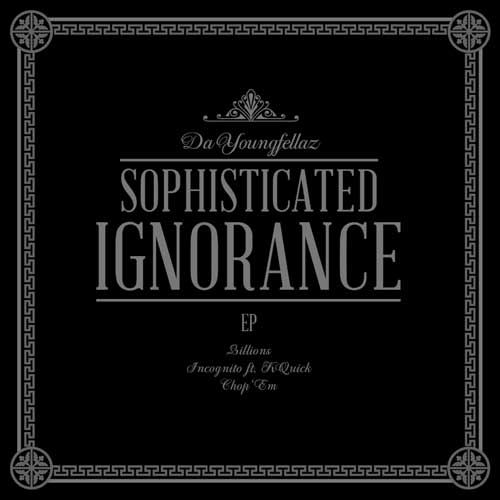This story in the FT Adviser reminds me of something we’re very good at in financial services; appealing to people sense of ego and self-importance by giving them all sorts of labels which enable us to then sell then load of stuff that they probably don’t understand and, in most cases don’t need.
Labels such as ‘High Net Worth Investor’, ‘Ultra High Networth Investor’, or ‘Wealth Management Client’ are essentially the invention of the FS marketing machine. There aren’t really clear definitions of what these actually mean or how a client becomes ‘eligible’ to enter these prestigious clubs…., we can make clients fits in them whenever we like.
It seems to me that we tend to think that if people have a lot of money, they most be smarter and need something more complicated.
The FCA handbook actually has specific definitions for certified HNW and sophisticated investor but you’ll be surprised it see how little it actually means;
‘A certified high net worth individual is an individual who has signed a statement in the form prescribed in Part I (Statement for certified high net worth individuals) of Schedule 5 to the Financial Promotion Order. This requires the individual to certify that he has earned at least £100,000 or have held net assets to the value of more than £250,000 throughout the financial year before the date of the certificate.’ (PERG 8.14.22)
AND
To be a sophisticated investor for the purposes of article 50, the recipient of a financial promotion must have a current certificate from an authorised person stating that he has enough knowledge to be able to understand the risks associated with the description of investment to which the financial promotion relates.
See also PERG 8.14.28B for self-certified sophisticated investor!
Anyway, as reported in this particular case in the FT Advisee, the FOS disagreed! Because there wasn’t enough evidence of file to prove that the client is sophisticated, the FOS ruled that they aren’t, especially given that she sought advice. Their words…
“If she had been (sophisticated), she would presumably have been able to make her own arrangements and would not have needed to employ the services of an adviser.”
In any case, even if an investor is sophisticated, who decided that means we could/should sell them things they have no hope of understanding and could potentially be deemed unsuitable? Ultimately, it comes down to this – if someone is seeking advice, the onus is on the adviser to make sure the advice is suitable and will stand up to scrutiny! Even if the client walks in and says ‘I want this and this and that’ it is up to the adviser to decide whether they really are an ‘adviser’ or just an order taker.

Credit: Album cover of Sophisticated Ignorance by Da YoungFellaz


